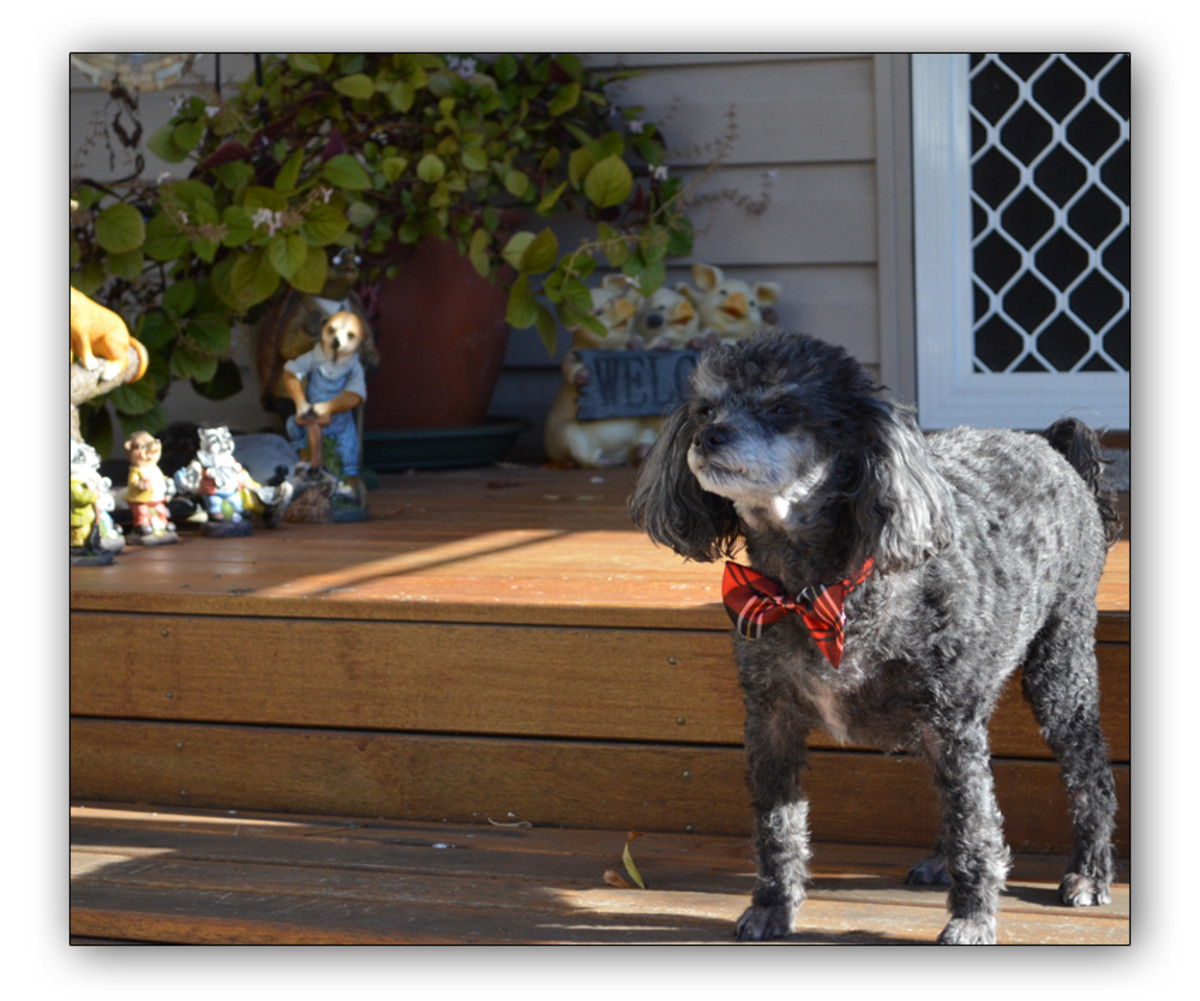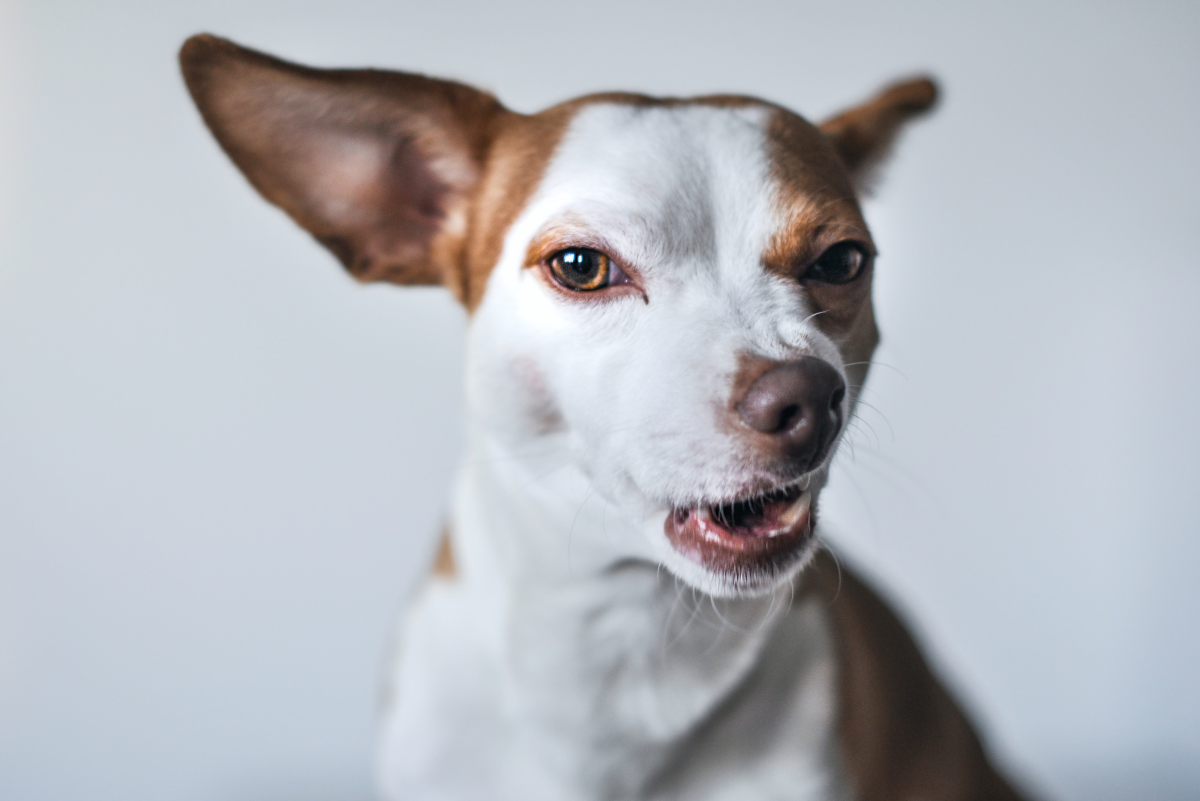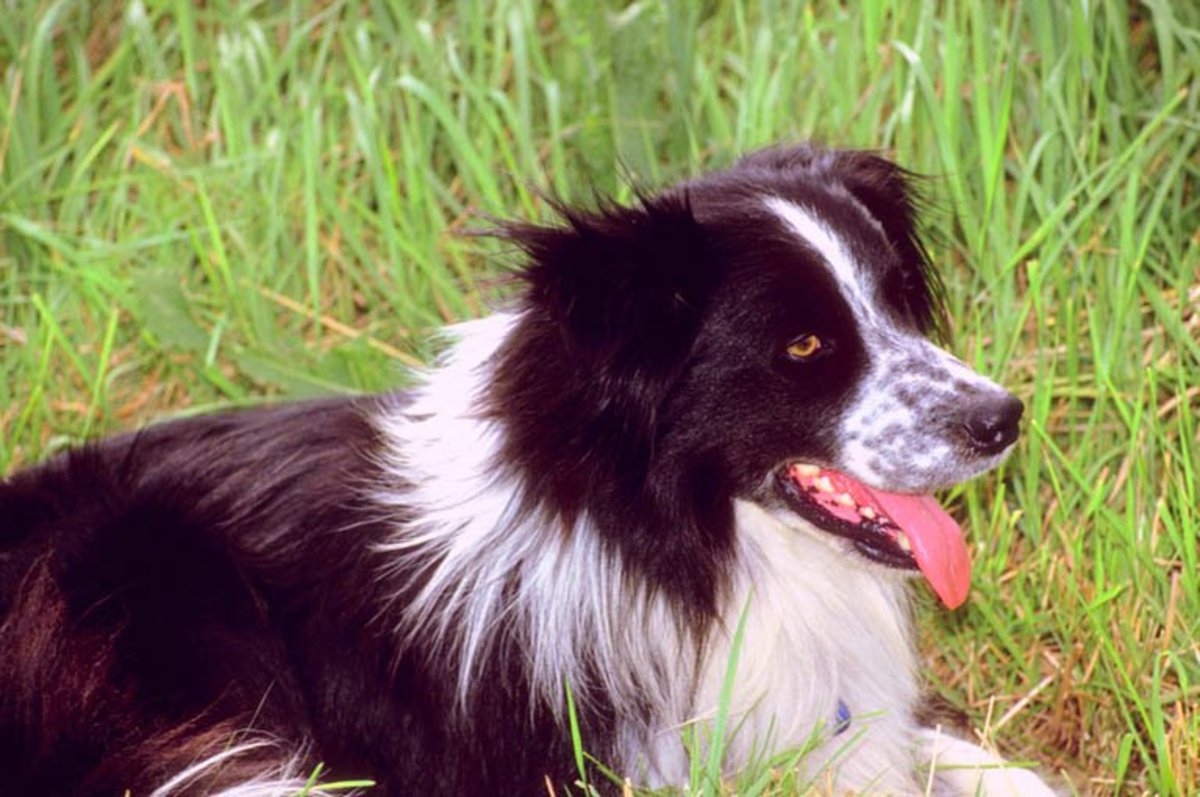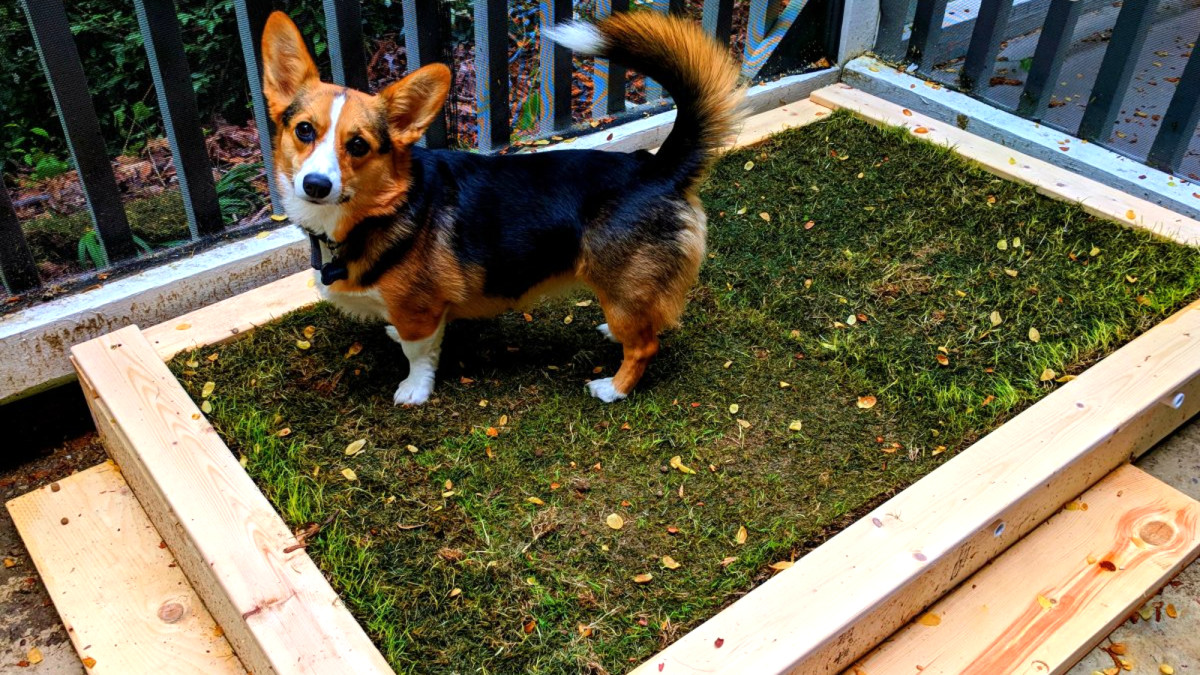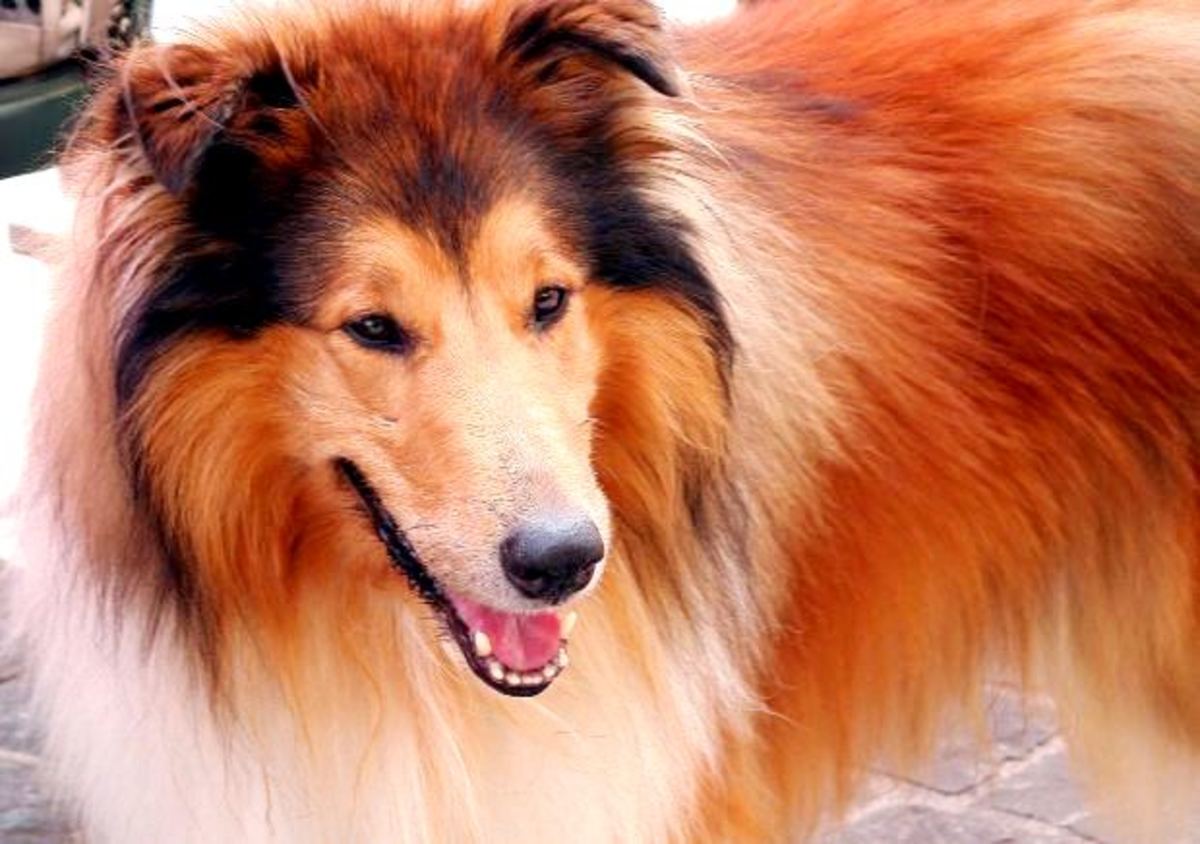Puppy Training -- Recognize Your Puppy's Temperament and Intelligence
Your Puppy is Unique
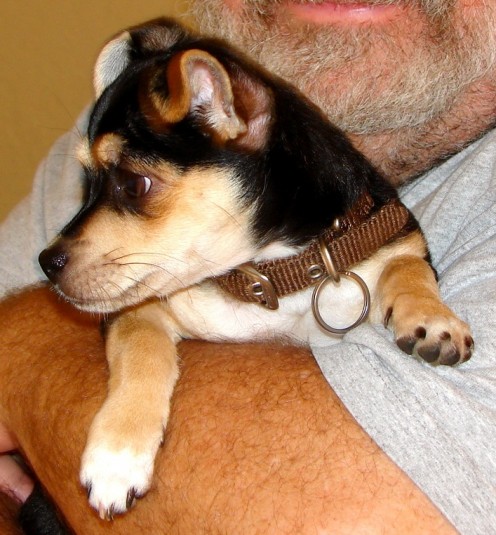
Puppy Training -- One Size Does Not Fit All
Those who acquire a puppy should understand that successful training could result from recognition of that puppy's temperament and intelligence.
Temperament - Yours or the Puppy's?
A degree in dog psychology is not required to understand the importance of temperament in puppy training. What is important to know about temperament is the degree to which a puppy's disposition will require patience, consistency and, on occasion, forcefulness from the owner.
The first training objective for a puppy is the establishment of boundaries. All puppies must learn to stay away from forbidden objects and places, and to refrain from physical contact with humans unless invited. At the time of each puppy's infraction a "no" in a soft voice may suffice for a puppy that is fearful or shy, whereas a "no" in a more forceful voice may be required for a puppy that is active or insistent.
No puppy should ever be struck, but firm physical removal from human contact or from a forbidden place or object may also be required for a puppy that is especially active or insistent. Regardless of the strength of the voice or physical correction, a puppy should receive physical and/or voice praise just as soon as the puppy relents from the forbidden action. And, regardless of temperament, any puppy must experience consistent enforcement of required boundaries, and may require numerous repetitions of the correction.
Intelligence -- It isn't Rocket Science
It's a truth that's well known by anyone who has owned multiple dogs -- some are smarter than others. The author of "The Right Dog for You"" says that intelligence can be categorized in three categories:
- Rate of learning
- Obedience
- Problem solving
Siberian Huskies, known for incredible rates of learning and problem solving, often use that high intelligence to figure out how to disobey the rules, whether it be leaping an extra tall fence or sneaking off with a daughter's favorite dolly. Other breeds or individual dogs may exhibit more or less intelligence in these three categories.
Regardless of breed reputation, each puppy will reveal her own special mix of these intelligence attributes. For instance increased patience and repetition in training may be required for a slow learner or for a dog that is stubborn or excessively disobedient.
Summary
Puppy training requires consideration of the unique level of temperament and intelligence of each puppy. Such consideration is related to the level of patience, repetition, and assertiveness required by the owner for each puppy.

